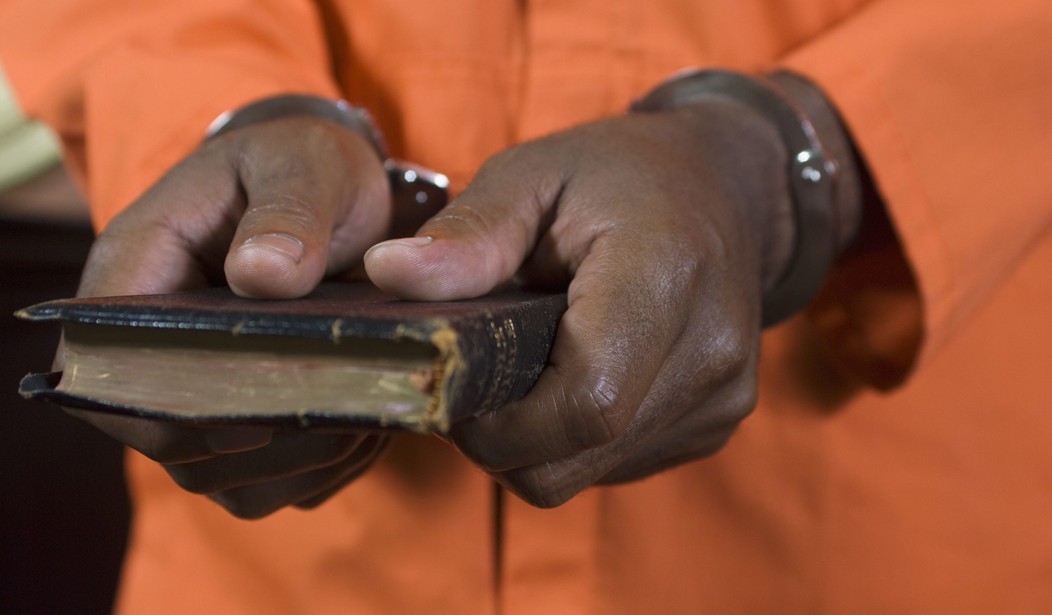Persecution — whether by violence and murder or through government sanction — grew across the world in 2016, and even within the United States religious freedom has arguably come under threat, on both sides of the aisle.
The intensity of violence and persecution against religious minorities is “like nothing we’ve seen in the past two or three decades,” Isaac Six, advocacy director at International Christian Concern (ICC), told Christian Today. “Religious freedom has deteriorated tremendously in certain areas and certain regions of the globe in 2016.”
“From our vantage point, conditions in China, India, Russia, Iraq, Syria, Nigeria, and even, to a much lesser degree, in the United States, have been heading in a very negative direction,” the ICC director said. He admitted that persecution has always existed, but added that “usually those doing the persecuting make some effort to try and hide their actions.” Now, “groups like ISIS and Boko Haram have completely defied this convention, brazenly admitting they are targeting Christians and other religious minorities while publishing slick, polished videos of executions and kidnapping victims.”
Six laid out three different ways religious freedom fell under attack in the past year.
“The first, and the driving force behind much of the persecution in the world today, is the rise in power and popularity of radical Islamic groups such as Boko Haram and ISIS,” the ICC director explained. “These extremists have no room whatsoever in their ideology or theology for religious freedom, and they are willing to commit genocide if need be to bring into reality their vision of a pure Islamic world.”
Sadly, the reactions of some governments to this horrifying trend form the second threat to religious freedom. “China has cracked down on human rights defenders and religious leaders in the last year on a scale that hearkens back to the dark days under Mao Zedong,” Six argued. “Russia, with its passage this year of the ‘Yarovaya laws’ has just curtailed religious freedom for 140 million Russians in a way no one would have predicted at the start of 2016.”
He accused Russia and China of “routinely” exploiting the violence of groups like ISIS and Boko Haram “as a justification for curtailing religious expression.” Under the Yarovaya laws in Russia, for example, house churches were made illegal and religious activity or evangelism was prohibited anywhere outside a registered church or religious site, including in private homes and on the Internet. While this may thwart terror groups, it also represents a huge threat to any religious expression outside of state sanction.
Finally, Six turned to the kinds of threats religious freedom faces in free countries like the United States. “Cultural acceptance of the importance of religious freedom and religious diversity is waning,” he argued. “In India, nationalist Hindu groups are pushing hard for religious restrictions that would increasingly marginalise [sic] minority faiths. In the United States, Christianity and Christians have for decades been lampooned as ignorant, intolerant, and socially backward by the majority of the film and television industry.”
This cultural mockery of the Christian faith has reached fever pitch in cases like those of Aaron and Melissa Klein — fined $175,000 for refusing to bake a lesbian wedding cake — and Chip and Joanna Gaines — lampooned by liberal media outlets for the positions of their pastor. “Now Christians who oppose recent shifts in law or popular opinion on topics such as same-sex marriage or abortion are finding themselves the brunt of increasingly vitriolic social hostility or legal action,” Six summarized.
Next Page: But the left is not the only threat to religious freedom in the United States.
But the possible threats to religious freedom do not only come from the intolerant left. The ICC director also condemned “the temptation to ban immigrants on the basis of faith” as “sending a signal to the rest of the world that religious freedom is not the universal right we have espoused it to be, but one that really only applies when it’s in our perceived best interest.”
Six also emphasized that even though his organization is called International Christian Concern, it is important to acknowledge the persecution of other groups besides Christians. “We have to acknowledge that while Christians may be persecuted in more countries around the globe than any other faith, Muslims come in at a close second,” he noted. “Persecution is always wrong, no matter the faith of who is being persecuted.”
He also listed specific countries where religious freedom has taken the worst hits, such as Iraq and Syria, “given the almost total eradication of Christian communities from those two lands.” Perhaps surprisingly, however, India also made the list, where ICC recorded “a very alarming increase” in violent attacks on Christian communities in the last year.
Perhaps most disturbing is the unprecedented access to watch persecution across the globe. “Suddenly anyone with an internet connection is able to witness persecution taking place in a horrific manner that many Christians probably thought ended 17 centuries ago with the Roman coliseums,” Six explained. One can only hope that the awareness of such evils inspires more support for religious freedom across the world, even if some countries have exploited this violence to crack down on their own religious minorities.









Join the conversation as a VIP Member